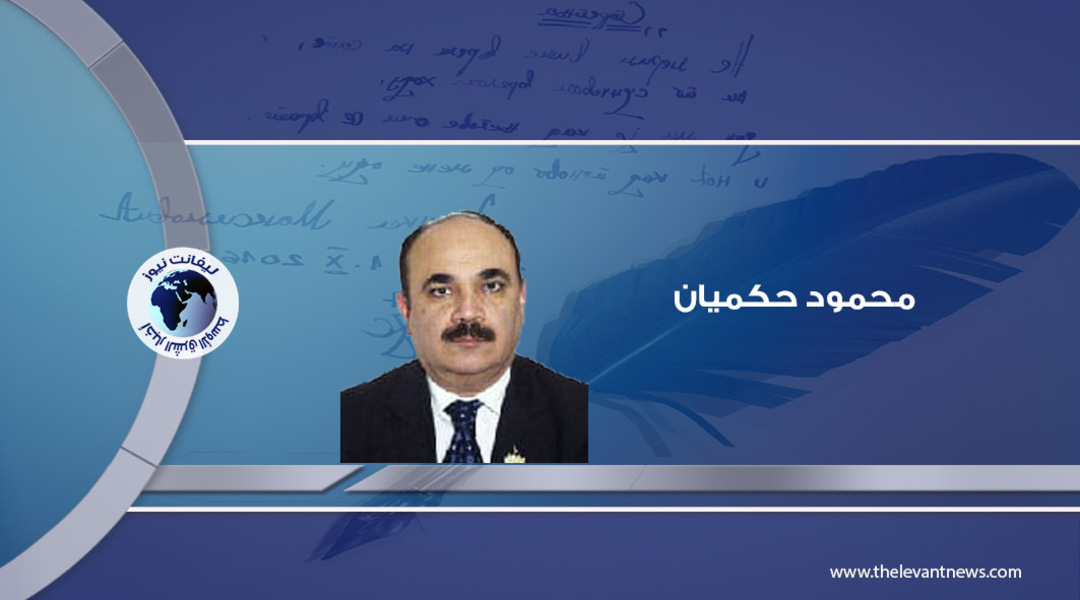-
Khamenei's Fatwa: The Smoke Screen for Iran's Nuclear Ambitions

Amid recent developments, Iran's nuclear program, shrouded in secrecy for decades, has resurfaced as a serious threat. A statement issued by the Iranian National Resistance Council's Defense and Strategic Research Committee on October 14, 2024, revealed that Supreme Leader Ali Khamenei has ordered the Revolutionary Guard (IRGC) to expedite the completion of their nuclear bomb project.
From the outset, Khamenei's 2010 fatwa, which claimed that the development and use of nuclear weapons is forbidden under Islamic law, was intentionally designed to deceive the international community and obscure Iran's true nuclear ambitions.
In his 2010 statement, Khamenei declared, “We do not believe in nuclear weapons and will not seek to acquire them. According to our religious and ideological principles, the use of such weapons of mass destruction is prohibited.” It has now become clear that this statement aimed to mislead international observers while secretly developing nuclear capabilities.
The Iranian National Resistance Council, which has monitored Iran's nuclear ambitions for over three decades, has consistently revealed secret facilities for uranium enrichment and other clandestine operations of the regime. Given these discoveries, it is now evident that Khamenei's fatwa was merely a deceptive maneuver to hide the true scope of Iran's nuclear intentions.
The disclosure of secret documents from the Iranian Revolutionary Guard highlights increasing pressures within the regime to reevaluate its nuclear doctrine. Senior Iranian officials, including Hassan Khomeini, a prominent cleric and relative of the regime's founder, have publicly called for enhanced military deterrence, pointing to the need for "iron fists" in facing regional threats. On October 5, Hassan Khomeini emphasized that "military deterrence must rise to a higher level," indicating that factions within the regime are pushing for Iran to acquire nuclear weapons as the ultimate form of deterrence.
These internal calls were echoed in a message signed by 39 members of the Iranian parliament on October 9, urging a shift in defense policy to include nuclear weapons. Some parliament members openly suggested that Khamenei's fatwa may be subject to change based on evolving geopolitical circumstances. For instance, parliamentary member Mohammad Reza Sobhaghian stated, "Building a nuclear weapon is essential for creating deterrence and ensuring national security."
Khamenei has remained silent on these public discussions, leaving many to speculate that the fatwa is no longer relevant and that the regime's nuclear ambitions have shifted toward building a strategic arsenal to secure its future.
The Iranian National Resistance Council has repeatedly warned the international community about the dangers posed by the Iranian nuclear program, emphasizing that time is running out to curb the regime's ambitions. For over three decades, the Iranian resistance has exposed Tehran's nuclear activities through more than 120 press conferences, including key revelations about uranium enrichment at Natanz and the heavy water project in Arak.
Despite these efforts, the international community's response has often been hesitant, allowing Iran the necessary space to develop its nuclear program. Now, with internal documents leaking the regime’s urgent pursuit of nuclear weapons, the Iranian National Resistance Council stresses the need to activate the "snapback mechanism" outlined in UN Security Council Resolution 2231, which would reinstate suspended sanctions and curtail Iran's nuclear activities. The Council also insists that the overthrow of the current regime is the only solution to permanently eliminate the nuclear threat it poses to the Iranian people and the broader region.
As tensions escalate, the international community must decide whether to take decisive action or risk further destabilizing a region already plagued by conflicts. The Iranian resistance continues to advocate for international solidarity to prevent the regime from realizing its nuclear aspirations.
— Mahmud Hakmian, Levant
Tags
You May Also Like
Popular Posts
Caricature
BENEFIT Sponsors BuildHer...
- April 23, 2025
BENEFIT, the Kingdom’s innovator and leading company in Fintech and electronic financial transactions service, has sponsored the BuildHer CityHack 2025 Hackathon, a two-day event spearheaded by the College of Engineering and Technology at the Royal University for Women (RUW).
Aimed at secondary school students, the event brought together a distinguished group of academic professionals and technology experts to mentor and inspire young participants.
More than 100 high school students from across the Kingdom of Bahrain took part in the hackathon, which featured an intensive programme of training workshops and hands-on sessions. These activities were tailored to enhance participants’ critical thinking, collaborative problem-solving, and team-building capabilities, while also encouraging the development of practical and sustainable solutions to contemporary challenges using modern technological tools.
BENEFIT’s Chief Executive Mr. Abdulwahed AlJanahi, commented: “Our support for this educational hackathon reflects our long-term strategic vision to nurture the talents of emerging national youth and empower the next generation of accomplished female leaders in technology. By fostering creativity and innovation, we aim to contribute meaningfully to Bahrain’s comprehensive development goals and align with the aspirations outlined in the Kingdom’s Vision 2030—an ambition in which BENEFIT plays a central role.”
Professor Riyadh Yousif Hamzah, President of the Royal University for Women, commented: “This initiative reflects our commitment to advancing women in STEM fields. We're cultivating a generation of creative, solution-driven female leaders who will drive national development. Our partnership with BENEFIT exemplifies the powerful synergy between academia and private sector in supporting educational innovation.”
Hanan Abdulla Hasan, Senior Manager, PR & Communication at BENEFIT, said: “We are honoured to collaborate with RUW in supporting this remarkable technology-focused event. It highlights our commitment to social responsibility, and our ongoing efforts to enhance the digital and innovation capabilities of young Bahraini women and foster their ability to harness technological tools in the service of a smarter, more sustainable future.”
For his part, Dr. Humam ElAgha, Acting Dean of the College of Engineering and Technology at the University, said: “BuildHer CityHack 2025 embodies our hands-on approach to education. By tackling real-world problems through creative thinking and sustainable solutions, we're preparing women to thrive in the knowledge economy – a cornerstone of the University's vision.”
opinion
Report
ads
Newsletter
Subscribe to our mailing list to get the new updates!




















